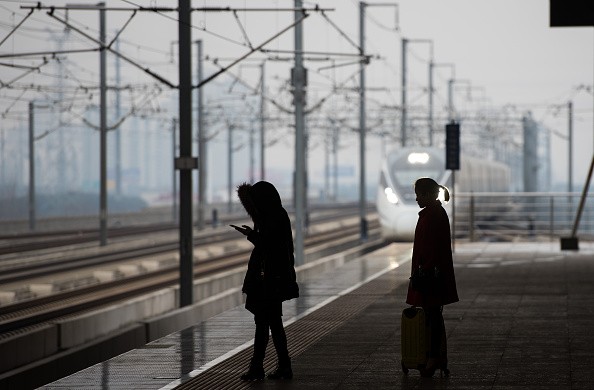CRRC Changchun Railway Vehicles Co., the top train maker in China, is currently working on next-generation bullet trains that have a maximum operational speed of 400 kilometers per hour, China Daily reported.
The bullet trains will connect markets included in the Belt and Road Initiative and are expected to be completed by 2020.
“We will apply new materials in the research and production of the future high-speed trains, such as carbon fiber and aluminum alloy, which will help reduce weight and enhance energy efficiency,” Qiao Feng, one of the company’s senior engineers, told China Daily.
Once finished, the bullet trains will boost regional connectivity and generate new business opportunities for the markets involved in the Belt and Road Initiative.
Since the trains can reach a maximum speed of up to 400 kilometers per hour, passenger energy consumption will also be reduced by 10 percent.
“Because many markets along the Belt and Road Initiative, especially in Central Asia, Southeast Asia, the Middle East and Eastern European countries, are planning to build high-speed rail lines or to upgrade their existing systems, they are eager to gain technological support from China to assist in daily operations, maintenance and staff training,” Feng Hao, who works at the National Development and Reform Commission as a rail transportation researcher, said.
The next-gen bullet trains will be tested alongside a stretch of the Beijing-Shenyang high-speed railway line, which is scheduled for completion in 2019, said Qiao.
Qiao also believes that China can adapt the technology of the next-gen bullet trains in its own railways once the line is opened and improvements have been made.
Others, however, have opined that maintaining a passenger speed train that can operate that fast is not cost-effective as parts and tracks must be replaced often.
Liu Youmei, an academician at the Chinese Academy of Engineering, has pointed out that this won’t be an issue if new railway lines will be made and more affordable parts and services can be obtained.



























